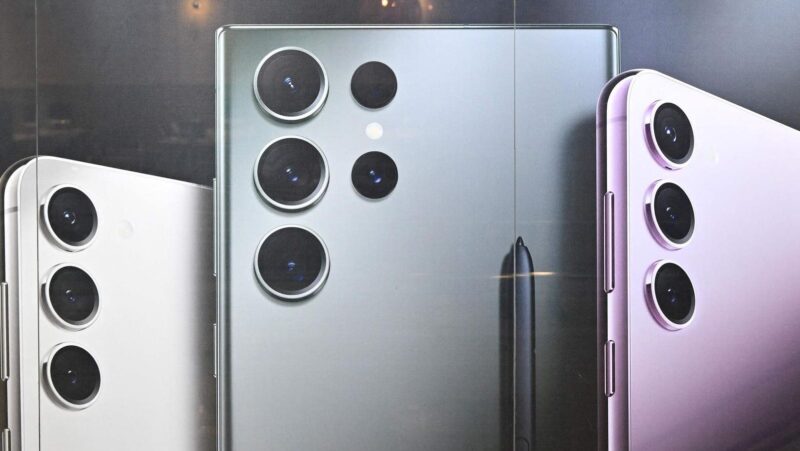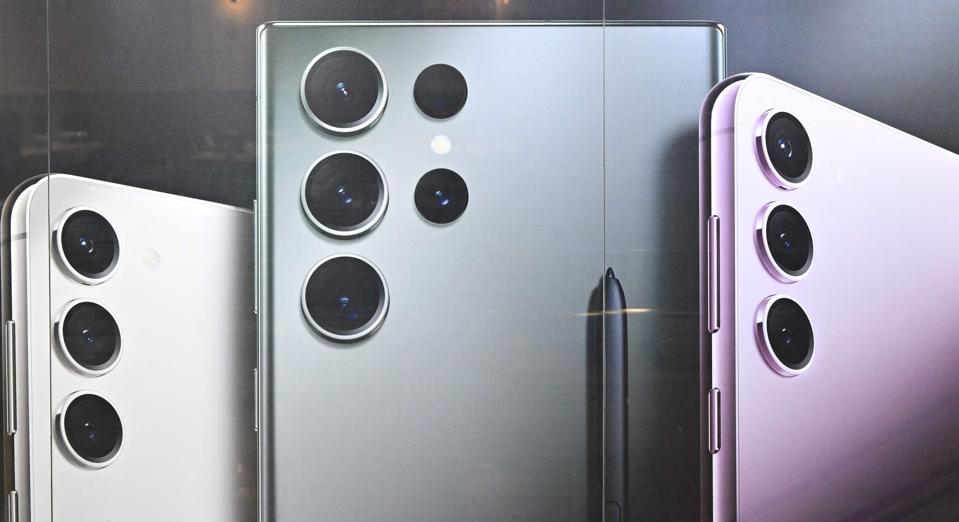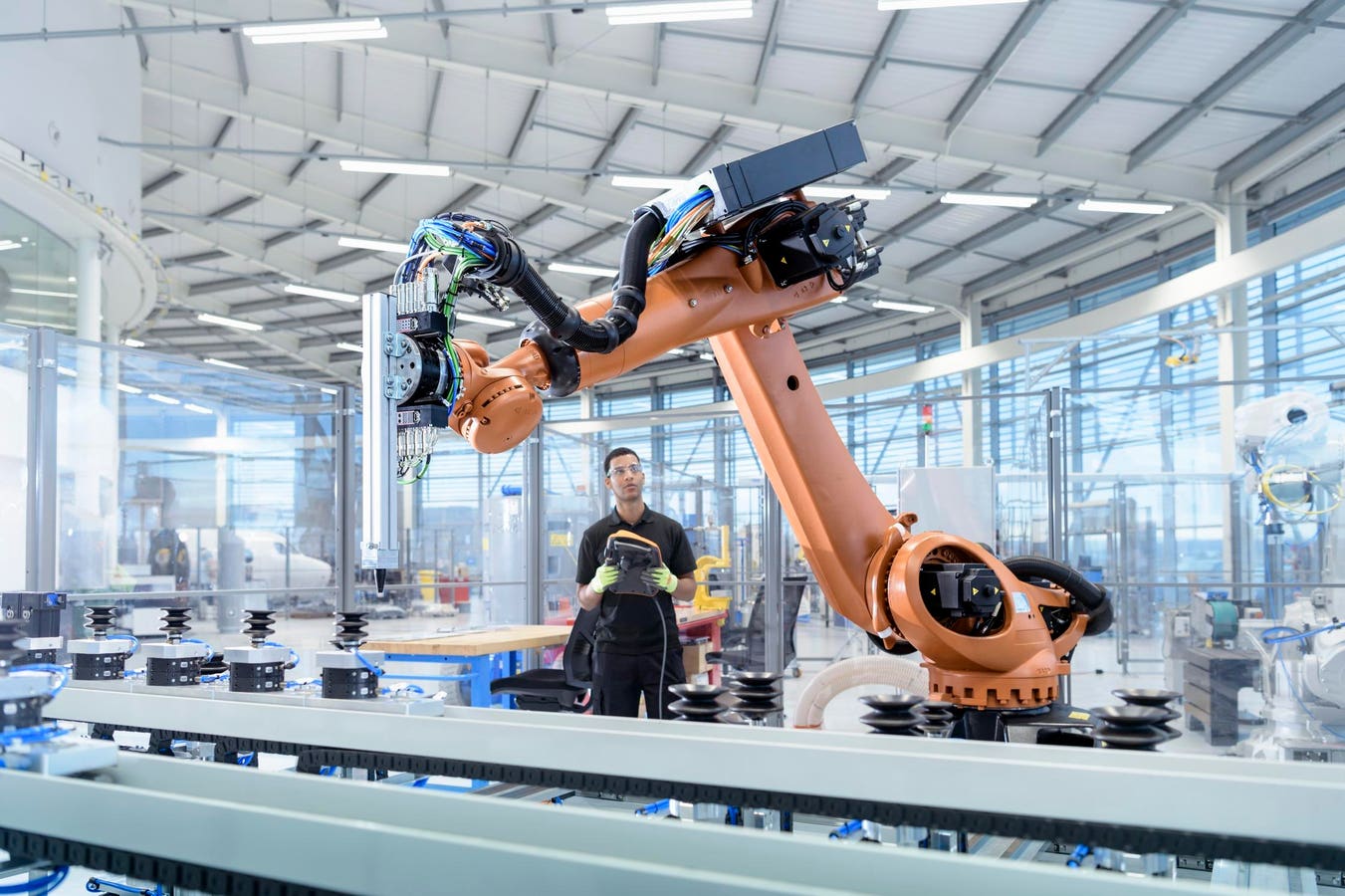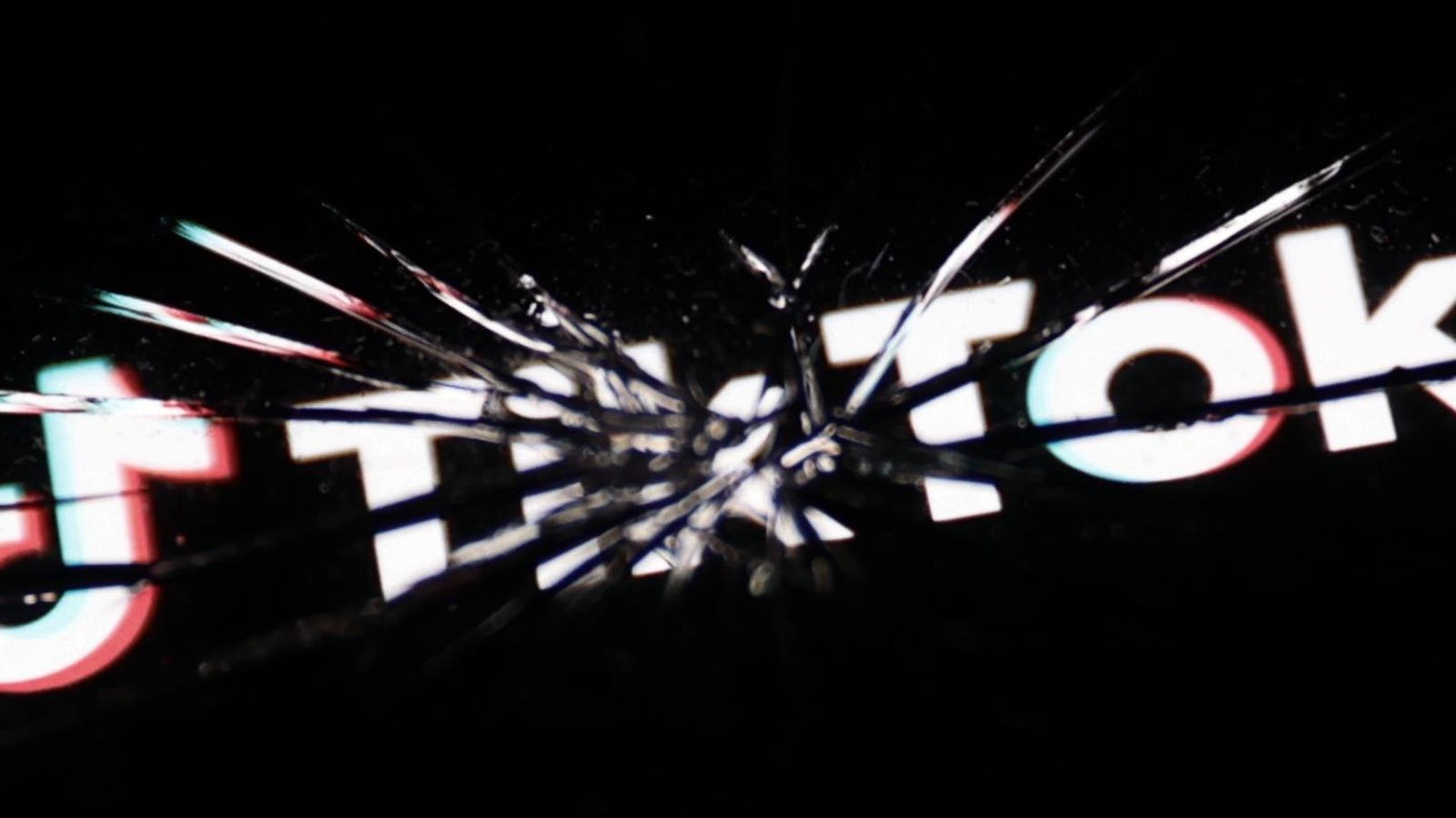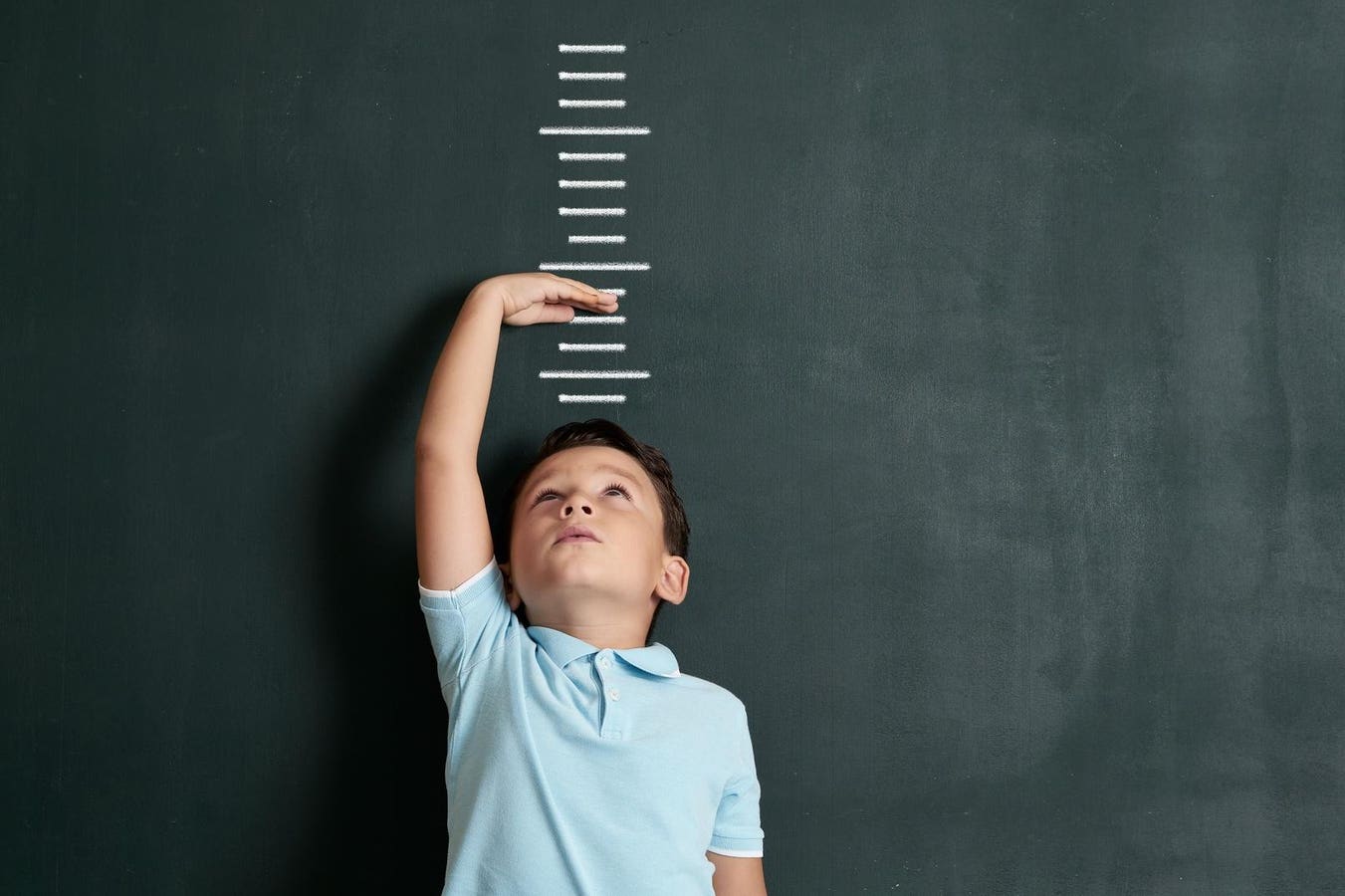Decision time for Galaxy owners.
AFP via Getty Images
Republished on September 22 as Samsung’s new AI display upgrade leaks.
Samsung is caught between Apple and Google. Only iPhone rivals Galaxy for flagship sales, while Google controls the OS on which Samsung smartphones run, whilst also competing with its fast-growing Pixel range, especially in the key U.S. market.
AI is the new battleground. Google dominates mobile AI with Gemini, while Apple is infamously far behind. Samsung relies on Gemini but also has its own middle ground approach between Google’s privacy mess and Apple’s privacy-centric approach.
Samsung says its “hybrid approach” addresses “concerns about privacy and control” raised by “rapid advancements” in mobile AI. This includes “Galaxy AI experiences with built-in safeguards” and “AI to strengthen mobile security and privacy protections.”
But this more-like-iPhone approach comes with a decision for all Galaxy users — whether or not they move to the latest One UI 8 OS and Android 16, with its raft more security and privacy upgrades to phones. A choice between privacy and freedom.
Central to this is Samsung’s Maximum Restrictions, which it touts as “an even stronger line of defense against today’s cyber threats.” It’s on by default for new users, but if you’re upgrading from one phone to another then your settings won’t change. If you value the user freedom implicit with Android, this may not be for you.
You can think of Maximum Restrictions as an already available alternative to Google’s Advanced Protection Mode. Blocking sideloading, dangerous wired and wireless connections, the option to block 2G (as Google recommends), and safer browsing.
Samsung pushes choice as a value-add. “Privacy is the foundation of Galaxy AI,” it says, “and thanks to our growing list of on-device AI features alongside powerful settings options, so is user control.” This means “giving users greater transparency and choice.”
Samsung is reminding users of this choice ahead of the One UI 8 upgrade now rolling out to Galaxy S25 devices, highlighting that middle ground between Google and Apple without mentioning either. The playbook is Google-like AI with Apple-like privacy.
Samsung’s new user choice.
Samsung
The reality is that Google is also heading in this direction, albeit more slowly and with the constraints of its core business model. It’s hard to promote privacy while retaining tracking cookies and ending its own ban on secretive digital fingerprinting.
If successful, it’s a neat trick to pull off. Pixels are flying from shelves as users embrace the AI generation, still oblivious to most of the privacy compromises implied in over-sharing with AI assistants operating in corporate data centers.
I’m a strong advocate for Maximum Restrictions and Advanced Protection Mode. Neither quite get you to iPhone levels of lockdown, and Samsung will never achieve this whilst relying on Google for its core OS. But the gap has never been narrower.
Meanwhile, a leak courtesy of Android Authority suggests an AI privacy upgrade of a very different kind is coming to Samsung in the coming months. “Code within leaked One UI 8.5 build suggests Samsung is developing a new ‘Private Display’ or ‘Privacy Display’ feature,” the website reports. “This feature will limit screen visibility from side angles, protecting privacy in crowded public places.”
Samsung’s One UI 8 has only just rolling out, yet speculation around One UI 8.5 is already rife. Samsung needs to get ahead of its upgrade cycle and the feared delays, especially when viewed against Google’s unstoppable Pixel.
Per SammyGuru, “Samsung’s failure to deliver a simultaneous One UI 8 rollout in 2025 is unacceptable. Nearly a week after the stable rollout began, the update has yet to be available for all Galaxy S25 models worldwide, let alone expand to other devices.” This is an acute issue because “Apple and Google comfortably outpace Samsung in terms of updates’” which means, the website warns, “there’s no competition at all.”
SammyGuru says “Samsung can’t hide behind the excuse that it has a vast phone lineup when it fails to update even a single flagship model on the same day.”
As for the new privacy feature, Android Authority suggests “it’s likely to debut on the Galaxy S26 Ultra, which is rumored to have the necessary screen hardware.” And that means those with older phones, including the still new Galaxy S25, won’t be seeing this feature on existing phones. Even so, it sounds like a winner if it delivers as promised.

